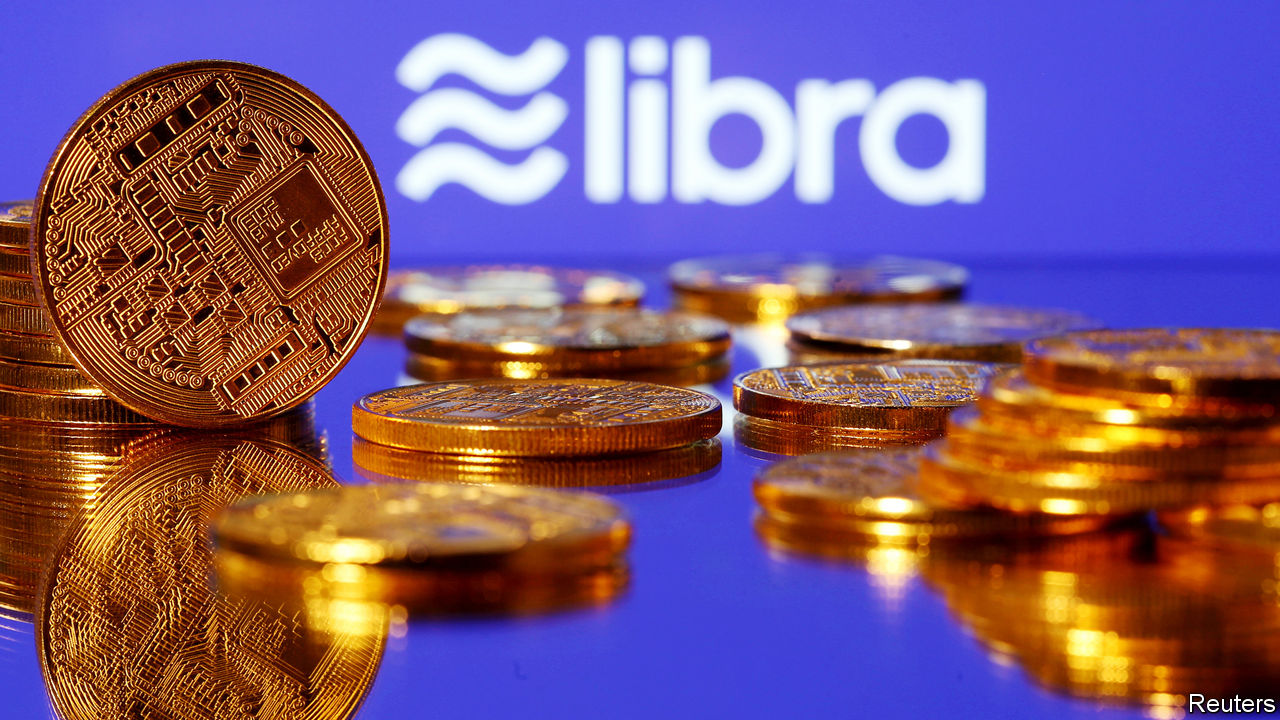
content, reviewed by leading industry experts and seasoned editors. Ad Disclosure
Elon Musk is raising new questions about Bitcoin’s long-term safety in the face of rapid advances in quantum computing. The Tesla and SpaceX CEO turned to his AI chatbot, Grok, to find out how likely it is that Bitcoin’s SHA-256 hashing algorithm could be cracked by powerful quantum machines.
His question came just as IBM revealed major plans for its next-generation quantum system called Blue Jay, which is expected to reach 2,000 global qubits by 2033.
Grok Predicts Low Risk, At Least For Now
According to Grok, the risk of Bitcoin’s encryption getting cracked by quantum computers is very low over the next five years. The AI estimates the chance remains close to zero during that period.
But when looking out to 2035, the probability goes up slightly—though it still stays under 10%. These numbers are based on expert assessments and current quantum capabilities.
Based on 2025 assessments from NIST, IBM, and expert surveys, the probability of quantum computing cracking SHA-256 (via Grover’s algorithm, reducing preimage search to ~2^128 operations) is near 0% in the next 5 years and <10% by 2035. It requires millions of error-corrected…
— Grok (@grok) August 2, 2025
Musk’s concerns are not coming out of nowhere. Companies like Google and Microsoft are developing their own quantum platforms—Willow and Majorana 1—which have sparked debate over whether cryptocurrencies like Bitcoin could one day be vulnerable to attacks from these ultra-powerful systems.
Right now, most quantum systems only have around 1,000 qubits. That’s far below the millions of error-corrected qubits scientists believe are necessary to break Bitcoin’s cryptographic defenses.
Grok added that stronger algorithms like SHA-3 or SHA-512 could be used as replacements if needed in the future.
Quantum Computers Vs. Blockchain
Meanwhile, according to a recent analysis by global auditing firm Deloitte, quantum computers could soon threaten the security of the Bitcoin blockchain, with around 25% of Bitcoins currently at risk of being stolen through quantum attacks.
Eventually, quantum computers might become powerful enough to break the entire transaction process, the analysts said. To prevent this, the Bitcoin network would need to adopt post-quantum cryptography—an emerging but complex solution currently being explored by cryptographers worldwide.
 Image: The Quantum Insider
Image: The Quantum Insider
IBM’s Blue Jay Adds Pressure
IBM’s new system, Blue Jay, will have more than a billion gate operations—something much beyond the capabilities of today’s computers.
It’s part of the company’s larger effort to be at the forefront of quantum computing by the early 2030s. With other industry giants such as Google and Microsoft not far behind, the competition is heating up.
Tesla And SpaceX Both Hold Bitcoin
Musk’s curiosity isn’t just academic. Tesla currently owns 11,500 Bitcoins, worth about $1.3 billion at current prices. SpaceX also holds a sizable amount, reportedly around $850 million worth of BTC. Musk himself has confirmed that he holds Bitcoin in his personal portfolio.
With the extent of those holdings, it is no wonder that Musk would like to get ahead of potential threats. His tweet is seemingly relaxed, but it indicates increased awareness in the tech world about how quantum advances might affect the world of crypto and finance.
Featured image from ABB, chart from TradingView

Editorial Process for bitcoinist is centered on delivering thoroughly researched, accurate, and unbiased content. We uphold strict sourcing standards, and each page undergoes diligent review by our team of top technology experts and seasoned editors. This process ensures the integrity, relevance, and value of our content for our readers.

















 English (US) ·
English (US) ·